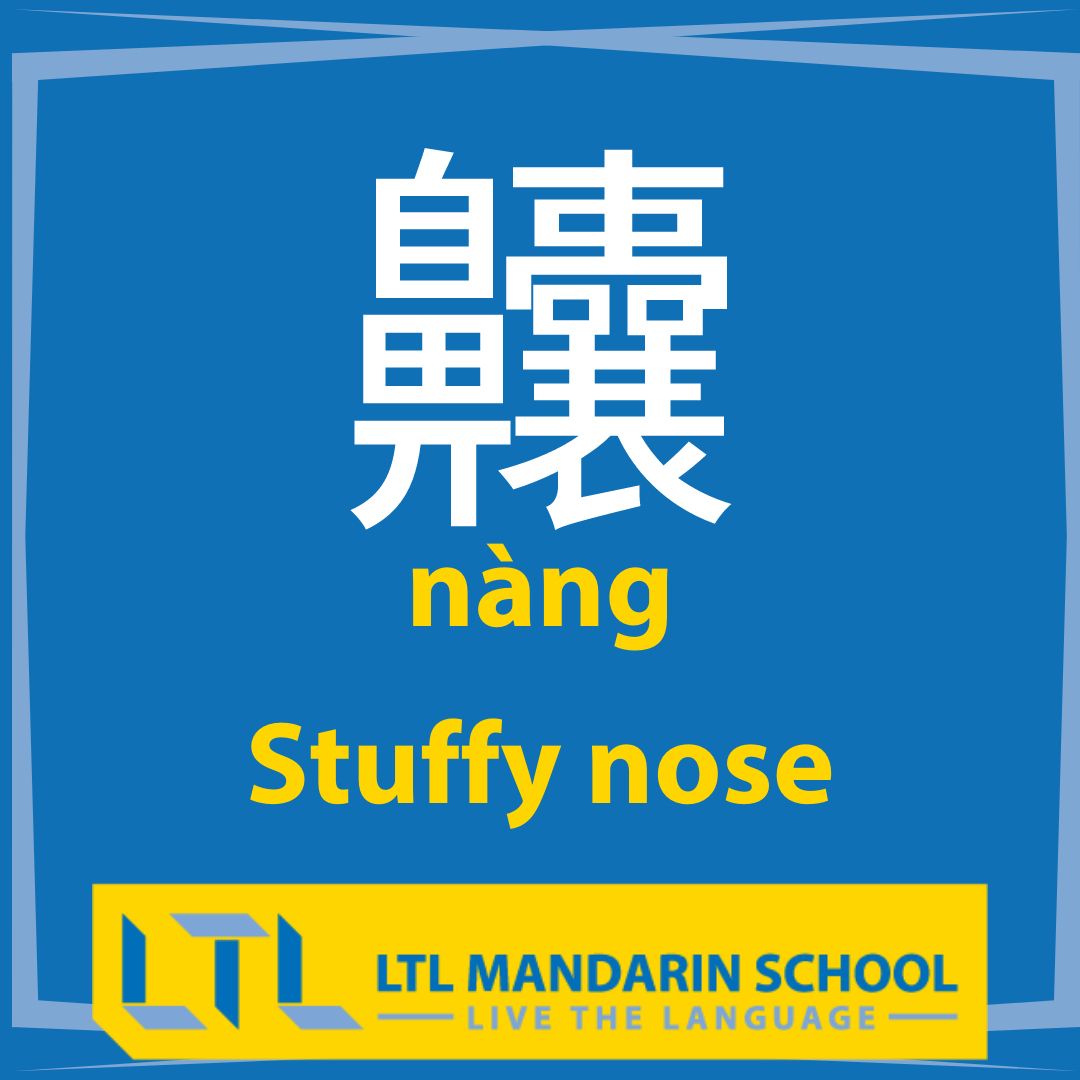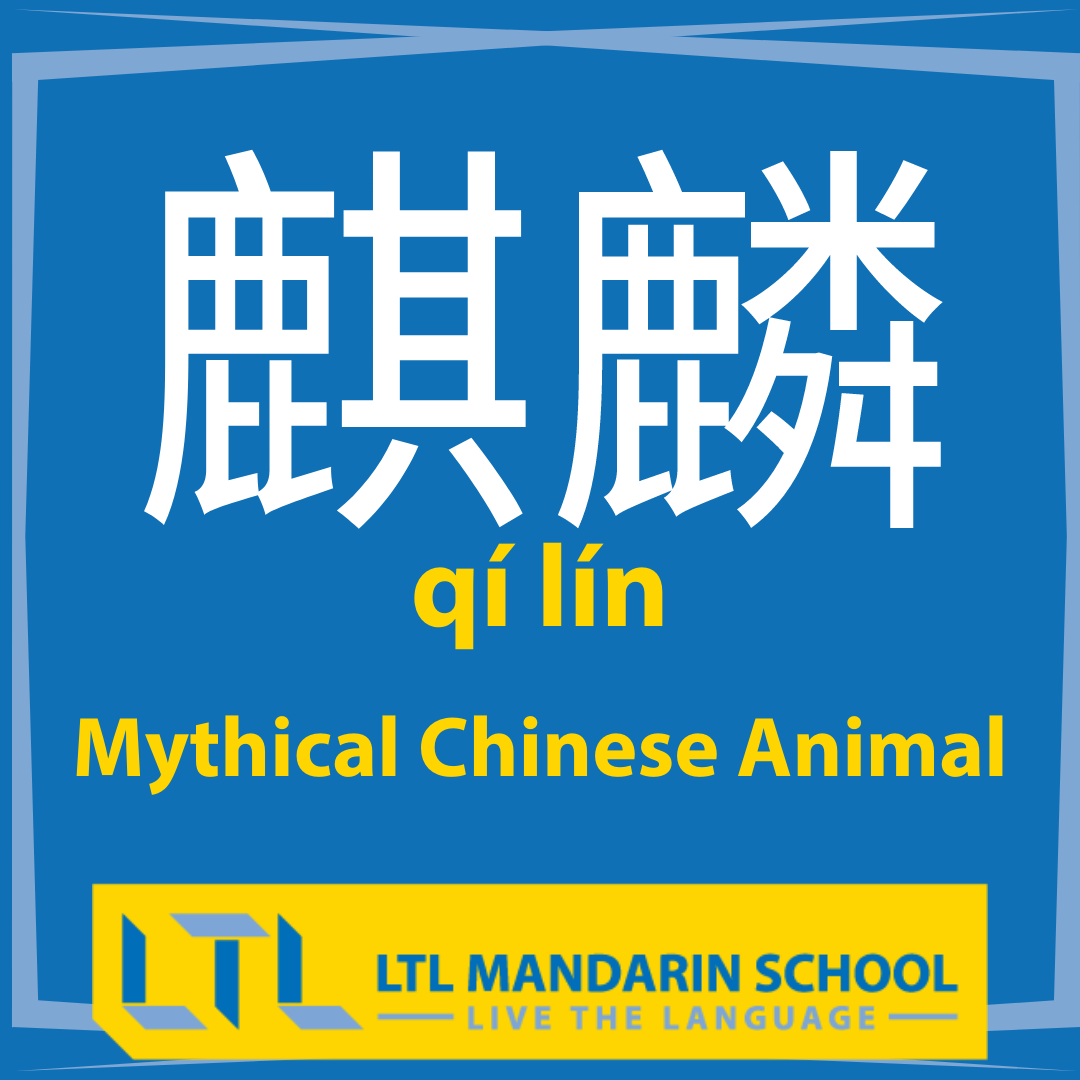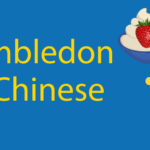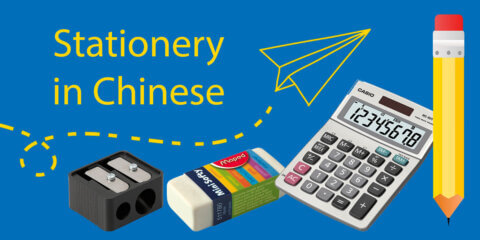Awesome and Interesting Chinese Words || 8 Of Our Favourites
I’ll never forget the time my university classmate proudly blurted out a sentence using a string of words from various languages.

She followed this by declaring that it was the best way she could express herself.
I remember thinking at the time how obnoxious she sounded, even to a table of language students.
But it wasn’t until several years later when I began learning Chinese that I finally understood what this classmate meant.
Sometimes there simply is no better word to sum up a thought, feeling or situation than one from another language.
This is especially true with Chinese — a language full of words with no accurate English translation.
In this article, I reveal seven more of these awesome and beautiful Chinese words and why you absolutely need to know them.
Beautiful Chinese Word #1 || 麻烦
Beautiful Chinese Word #2 || 加油
Beautiful Chinese Word #3 || 辛苦
Beautiful Chinese Word #4 || 怎么办
Beautiful Chinese Word #5 || 嗯
Beautiful Chinese Word #6 || 快递
Beautiful Chinese Word #7 || 师傅
Beautiful Chinese Word #8 || 慢走




Awesome Chinese Word #1 || má fan 麻烦
If you live or have lived in China, 麻烦 has no doubt become part of your everyday vocabulary.
The dictionary translates this noun as “troublesome” or “inconvenient” and the verb as “to inconvenience someone”.
But these translations don’t do justice to the depth of meaning behind 麻烦.

In just two syllables, 麻烦 accurately captures the feelings of frustration and despair that come with handling things like complex bureaucratic processes.
You know – like trips to the bank or the visa office.
The kind of situations where you have to jump through hoops and over hurdles to do something you thought would be easy.
麻烦 is such a great, all-encompassing word that most foreigners in China use it — even if they don’t speak Chinese.
Because the word “inconvenient” just can’t compare.
Awesome Chinese Word #2 || jiā yóu 加油
The literal translation of this verb is to ‘add oil’.

While you can use it in a sentence like 汽车该加油了 (qìchē gāi jiāyóule), it’s most commonly used to cheer someone on — whether in a competition, a race or during a tough time.
You’ll hear school kids chant it during classroom competitions, spectators shout it at sporting events, and even colleagues say it to each other during a busy day.
In other words, you can use it whenever you want to encourage someone.
Although English has its own equivalent terms, ‘come on’, ‘keep going’ or ‘make an extra effort’ just aren’t as catchy, are they?
If you ask me, nothing quite measures up to the versatile and encouraging 加油.
I still feel the urge to use it today!

Wimbledon in Chinese 🎾 Hands Up For Strawberries & Cream 🙌
If you love Tennis then we’ve got the perfect article for you. It’s time to talk Tennis and learn how to say Wimbledon in Chinese… game, set, match!
Awesome Chinese Word #3 || xīnkŭ 辛苦
It took me a long time to understand the meaning of this word. But once it clicked, that was it: I couldn’t stop using it.
辛苦 is used to express acknowledgement of and appreciation for the hard work someone’s put into achieving something.

This can either be something they’ve done for you or something they’re telling you they’ve done.
You can use 辛苦 as an adjective to describe a laborious task (e.g. 这个工作很辛苦 zhège gōngzuò hěn xīnkǔ) or as a verb to show you understand how much work has gone into something (e.g. 路上辛苦了 lùshàng xīnkǔle).
This really is one of those untranslatable words because it’s not so much addressing the outcome of the work but the effort that’s gone into completing it.
So, a phrase like ‘good job’ in English just doesn’t capture the same sentiment as 辛苦.
It can be a tricky concept to wrap your head around, but once you think of it in terms of the effort rather than the result, it’s much easier to understand.
Oh, and dropping 辛苦 into the right place in a sentence is sure to impress your Chinese friends or teacher!
Awesome Chinese Word #4 || zěn me bàn 怎么办
怎么办 literally translates to ‘what can be done?’.
But again, its meaning stretches further than this.
It can be used to indicate that the speaker doesn’t have a clue what to do about something.
That could be anything from a complex problem at work to the fact it’s about to start raining, and they had outdoor plans.

FOR EXAMPLE | 这个问题我不知道该怎么办 (zhège wèntí wǒ bù zhīdào gāi zěnme bàn)
I don’t know what to do about this problem.
ANOTHER EXAMPLE | 要下雨怎么办?(yào xià yǔ zěnme bàn?)
What will we do if it rains?
怎么办 became such a crutch phrase for me that even after months back at home, I still have to stop it from slipping out in conversations with people who’ve never learnt Chinese.
Because ‘what should we do?’ just doesn’t express the feeling of being totally stumped, does it!?
Awesome Chinese Word #5 || en 嗯
It’s always amazed me how much the Chinese can express through just a simple noise.
When said in the right tone, the ‘ah’s’ and the ‘ay’s’ effectively communicate varying degrees of surprise and frustration, among many other things.

But the noise that takes the prize for simplicity is 嗯.
Used to express agreement, this odd-sounding and even stranger looking character is basically the written equivalent of a quick nod or an ‘uh-huh’.
It allows you to indicate approval, appreciation or agreement with an idea, statement or plan… using just one character.
At first, I thought it was rude, but it turns out that’s just the British in me. 嗯 is a perfectly acceptable response to a question.
Why say more when you can say less, right!?

The Most Crazy & Complex Chinese Characters 😲
Discover the Craziest Chinese Characters Ah complex Chinese characters, there are so many of them aren’t there?! In truth, there is, but actually every character is built up using a series of radicals and strokes which means even the most…
Awesome Chinese Word #6 || kuài dì 快递

You don’t have to be in China for long before this word enters your everyday vocab.
Since the rise of shopping apps like taobao, 快递 (express delivery) has very much become a part of life in China.
Nowadays, it’s as easy as clicking a button to buy something and receiving it straight to your door — sometimes in less than an hour.
快递 can be used as both a verb (to send by express delivery) and a noun (express delivery).
But it’s often used in spoken Chinese in sentences like:
- 快递到了 (kuàidì dàole)
- Your delivery has arrived.
- 我来取快递 (wǒ lái qǔ kuàidì)
- I’ve come to pick up a delivery.
They’re just not as fun to say in English!
Awesome Chinese Word #7 || shīfu 师傅
I was so confused when I first heard a Chinese friend refer to the taxi driver as ‘master’.
But after learning what it meant, I realised useful the word is.
师傅 literally means that someone is a master of their craft. It’s used as a polite form of address when speaking to skilled workers such as drivers, mechanics, electricians, and so on.
You can use the word 师傅 when you want to get the attention of your taxi driver, for example:
- 师傅,这边停 (shīfù, zhè biān tíng)
- 谢谢你师傅 (xièxiè nǐ shīfù)
It’s so much friendlier and less awkward than simply saying ‘excuse me’, but imagine the response if you called a taxi driver ‘master’ in English!

Chinese Billionaires (in 2021) 💸 Who Is Really The Richest?
Do you know who are the top 5 Chinese billionaires? Here is the list of the richest people in China and how they made their fortunes
Awesome Chinese Word #8 || mànzǒu 慢走
Meaning to ‘walk slowly’, 慢走 is a short and sweet way of bidding farewell to someone and wishing them a safe journey.
It’s kind of like the English phrase ‘take care’, except it’s not only exchanged between family and friends but also strangers.
It’s perfectly normal for a shop assistant to say 慢走 as you leave the shop or for a taxi driver to say it when you reach your destination.
So, even though ‘take care’ is a perfectly acceptable translation, it’s not as widely used as 慢走.
Learning Chinese isn’t only about communication. It’s also about grasping new concepts and ways of thinking.
This is just a small handful of beautiful and interesting Chinese words that help you unlock a deeper understanding of Chinese culture. And if you want to experience these words in action every day, consider spending a semester in Xi’an, a city rich in history and local flavor
Even as I write, I can think of a few other words that have changed my vocab forever – but this is a blog post, not a dictionary!
Have you got a few amazing Chinese words you can’t live without? What are they? Tell us in the comments!
BONUS | Want to learn Chinese with us online? We provide 24/7 Mandarin lessons with LTL Flexi Classes.
All teachers are fully certified and lessons are live – we know you’ll love it.
Chinese Words || FAQ’s
What does 慢走 mean?
Meaning to ‘walk slowly’, 慢走 is a short and sweet way of bidding farewell to someone and wishing them a safe journey.
It’s kind of like the English phrase ‘take care’, except it’s not only exchanged between family and friends but also strangers.
What does 师傅 mean?
师傅 literally means that someone is a master of their craft. It’s used as a polite form of address when speaking to skilled workers such as drivers, mechanics, electricians, and so on.
You can use the word 师傅 when you want to get the attention of your taxi driver, for example:
师傅,这边停 (shīfù, zhè biān tíng)
谢谢你师傅 (xièxiè nǐ shīfù)
What is 加油?
The literal translation of this verb is to ‘add oil’.
While you can use it in a sentence like 汽车该加油了 (qìchē gāi jiāyóule), it’s most commonly used to cheer someone on — whether in a competition, a race or during a tough time.
You’ll hear school kids chant it during classroom competitions, spectators shout it at sporting events, and even colleagues say it to each other during a busy day.
In other words, you can use it whenever you want to encourage someone.
Can I learn Chinese online with LTL?
Yes you can!
We provide 24/7 Mandarin lessons with LTL Flexi Classes.
All teachers are fully certified and lessons are live – we know you’ll love it.
Want more from LTL?
If you wish to hear more from LTL Mandarin School why not join our mailing list.
We give plenty of handy information on learning Chinese, useful apps to learn the language and everything going on at our LTL schools!
Sign up below and become part of our ever growing community!


 Hi, my name is Ilaria. I am from Italy and I am a Student Advisor at LTL. Fancy coming to study with us in China? Drop me a message.
Hi, my name is Ilaria. I am from Italy and I am a Student Advisor at LTL. Fancy coming to study with us in China? Drop me a message. Hi, my name is Mojca. I am from Slovenia in Europe and I work as a student advisor at our Shanghai school.
Hi, my name is Mojca. I am from Slovenia in Europe and I work as a student advisor at our Shanghai school.




